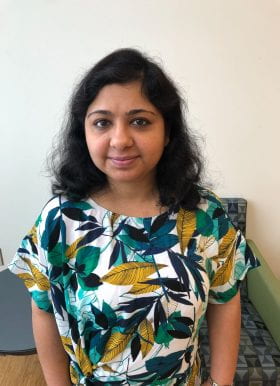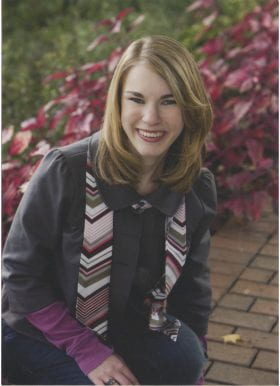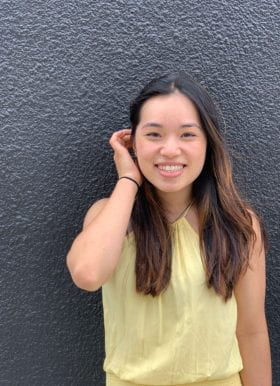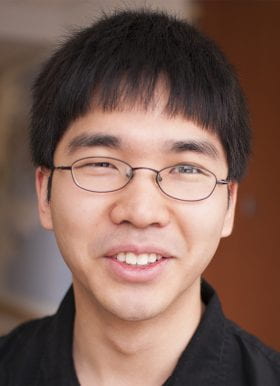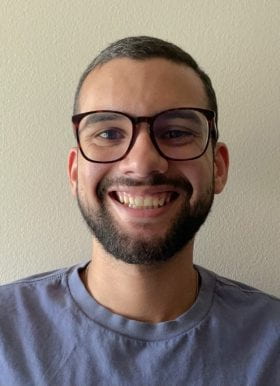
Christian Andino
Postbaccalaureate Researcher
- Phone: 314-362-8668
- Email: christiana@wustl.edu
Christian Andino received his B.S. in Cell & Molecular Biology from Ana G. Mendez University (Puerto Rico). Christian joined the Karch lab as a Postbaccalaureate in the summer of 2022 and is broadly interested in the functionality and maintenance of stem cells to better understand how diseases and conditions develop. In his free time, he likes to go to the gym, try a new restaurant, and explore green areas.
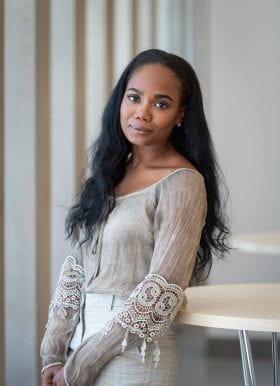
Roesha Andre, M.Sc
Research Assistant
- Phone: 314-362-8668
- Email: a.roesha@wustl.edu
Roesha Andre received her B.A. from Dartmouth College and her M.Sc from University of Michigan where she studied and monitored amyloid formation using fluorescence techniques. While completing her Masters, she gained expertise in molecular, cellular, and developmental biology, particularly with a focus on aging interventions and neurodegeneration. In the Karch Lab she will work to advance efforts around the mechanisms and characterizations of the relationship between MS4A genes, soluble TREM2 (sTREM2) and microglial function in Alzheimer’s disease. In her free time she enjoys cooking, exploring nature with her dog, and dancing.
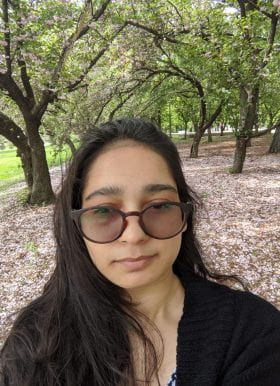
Reshma Bhagat, Ph.D.
Postdoctoral Research Associate
- Phone: 314-362-8668
- Email: rbhagat@wustl.edu
Reshma Bhagat completed her Masters in Neuroscience and PhD in Neuroscience from National Brain Research Centre, India after completing her bachelors’ in Biochemistry from University of Delhi, India. Her doctoral work focused on delineating the mechanisms of Zika virus induced microcephaly. Reshma briefly studied the role of Zika Virus Envelope (E) protein in inducing quiescence in human neural stem cells and how a single viral protein disrupts the entire microRNA circuitry to reduce the overall cell population.
In the Karch Lab Reshma is working to understand the molecular and cellular mechanisms of Tauopathies by employing patient iPSC derived brain cells. More specifically she is investigating precise regulatory functions of long non-coding RNAs (lncRNAs) in tau aggregation and progression of disease.
Read more about her work here.
In her free time, she loves to play Ping-Pong, Tennis, badminton or can be seen enjoying the company of her cat, Simba.
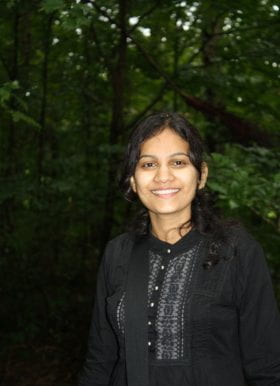
Bhagyashri Burgute, Ph.D.
Postdoctoral Research Associate
- Phone: 314-362-8668
- Email: bhagyashri.burgute@wustl.edu
Bhagyashri Burgute completed her Ph.D from University of Cologne, Germany. During her scientific career, she has gained expertise in protein biochemistry, cell biology, molecular biology, and RNA biology. In the Karch Lab her research is focused on aging dependent neurodegeneration. Bhagyashri is interested in inducing aging phenotype in iPSC derived cellular models of AD to assess its impact on disease progression.
In her free time, Bhagyashri enjoys spending time with her family, outdoor activities, and music.
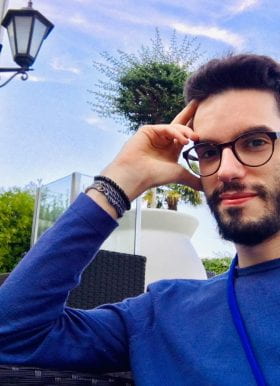
Luca De Feo, Ph.D.
Postdoctoral Research Associate
- Phone: 314-362-8668
- Email: defeo@wustl.edu
Luca De Feo completed his Ph.D. at Health and Life University, San Raffaele, in Milan (Italy). He worked on developing remyelinating and neuroprotective strategies using murine Neural Stem/Progenitor Cells and Oligodendrocytes (OLs) in mice models of Multiple Sclerosis. Luca joined the Karch Lab through collaboration, he is currently working on developing hiPSCs-derived OLs to study the role of TREM-2 in oligodendrogenesis and myelination. In his spare time, he travels around the world, reads urban fantasy and thriller books, listens to all kinds of music, and enjoys time with his friends.
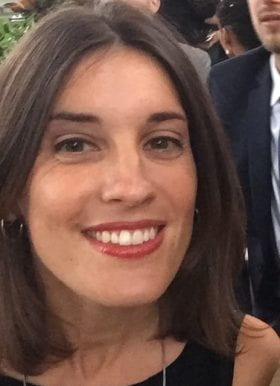
Fabia Filipello, Ph.D.
Staff Scientist
- Phone: 314-362-8668
- Email: filipellof@wustl.edu
Fabia Filipello was born in Parma Italy, and received her PhD degree in Biotechnology Applied to Medical Sciences at the University of Milan, focusing on astrocytes and T cell interaction in multiple sclerosis. She worked in Switzerland at the Institute for Research in Biomedicine and at Humanitas University in Italy where she studied microglia and TREM2 receptor in physiology and in neurodevelopmental diseases. In 2018, she joined Dr. Karch’s Lab where she followed up her studies on microglia leveraging patient-derived induced pluripotent stem cells (IPSCs) and the generation of iPSCs-derived microglia, neurons and astrocytes to model the brain during neurodegenerative pathologies. Apart from her passion for research and neuroimmunology, Fabia loves singing and playing the guitar, reading books and spending time in nature.
